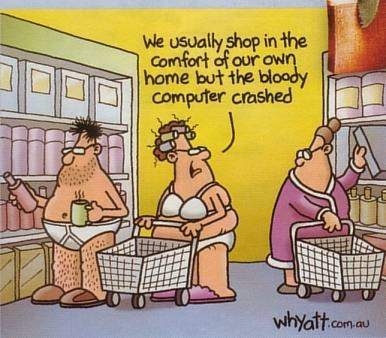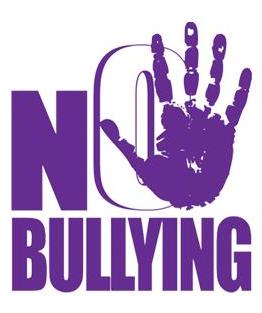
Many consumers are starting to enjoy the convenience of shopping at home via online shopping. In turn, retailers are taking advantage of this new trend to capture more market share. Today, many retailers allow consumers to browse their products through an online shopping site that entitles consumers to purchase in a click of a few buttons. Frequent updates and advertisements on social platforms, such as Twitter, Facebook, and Foursquare consumers are encouraged to engage in online communities. As a result of online marketing, retailers have enabled purchases to be made on the same page where consumers viewed the advertisement or help navigate consumers accordingly. This sense of instant gratification is extremely tempting and satisfying to consumers on all levels of their wellbeing.
On the other hand, many consumers are skeptical to provide their credit card numbers online due to obvious reasons of security and testimonials of horrific past experiences. For example, in the article, “Billing Blacklash Against Popular Online Shopping Site,” a young woman was charged with hidden membership fees that appeared on her bill a month after her actual purchase. It is because of the actions of such retailers that many consumers have lost their sense of security to shop online. With the online community becoming more dominant in all aspects of business, it is crucial for companies to be transparent and honest about their company policies in order to gain the trust of the established and building consumer bases.



